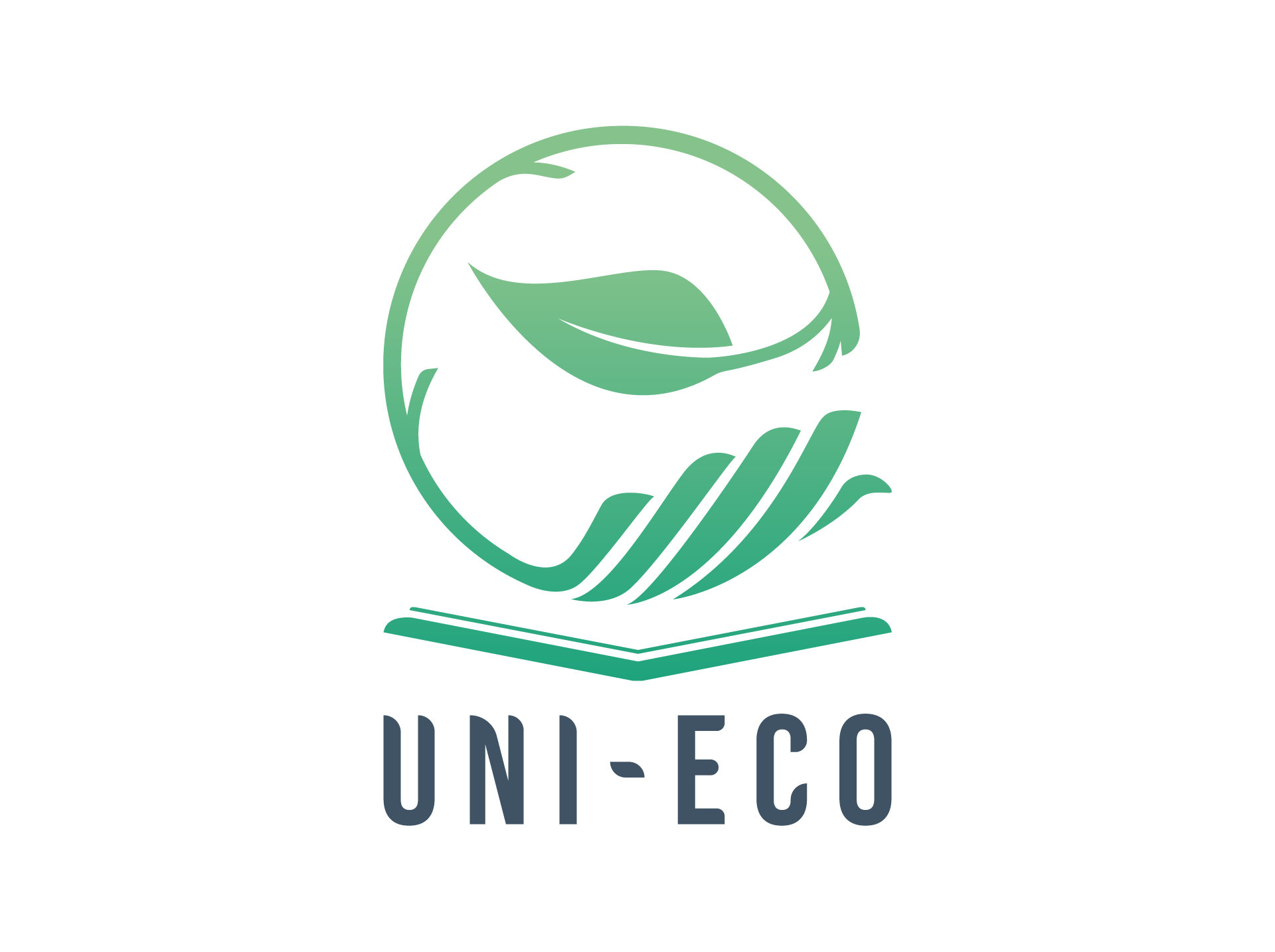We wish back the birdsong: Enhancing biodiversity at ELTE
Short description
A complex reinterpretation of the green areas around ELTE, from installing composting bins on the uni's property to planting bird-friendly plants.
Long description
With this project, I aim to bring a holistic approach to sustainable practices at the university, by linking food waste to the return of birds in the uni’s area. My project has two parts:
1) how we can turn our food waste into something sustainable, and
2) how this will lead to the number of birds increasing on campus.
To start at the beginning, I think in Hungary food waste is tremendous, and in reaction to that, the university should introduce composting into its services. With careful planning, special litter bins should be placed in the facilities to separate food waste. Then, the university needs to ensure that this food waste will reach the newly established compost, which we will prepare with the help of volunteers.
This way, waste becomes valuable hummus, which brings me to the second part of the project: planting bird- and insect-friendly bushes, and even trees, if the budget allows. These include hazelnuts, blackthorn, purple acacia, black elderberry, pine, lilac, or spruce. Raising the number of bushes is highly important, as they provide a hideout, as well as food for birds, which the university area heavily lacks at the moment. With plants that bloom flowers, insects are attracted, which leads directly to the return of birds as well, for whom artificial bird nests should be prepared.
With the hummus created from our food waste, we could refuel some of the wasted energy into the improved green areas, while also providing a better environment for wildlife. Not to mention, that nature has a wonderful and irreplaceable effect on humans as well, which we cannot afford to lose any further. This way, we could enhance biodiversity with the simplest act of throwing our food waste in a separate bin.
Scope of the project
The Lágymányosi Campus of ELTE will be involved, both green areas around the campus and corridors/cafeterias in the building. I will need the support of the university management (with planning and connecting professionals) and volunteers from the entire community! Community cooperation is key! 🙂
Budget
I think that the project would not be too costly for the university. Planting bushes does not require as must expertise as trees, so focusing mainly on them, they could be acquired and transferred around 5000-10000 HUF each, planted for free by the volunteers. A maximum of 500 000 - 750 000 HUF should be enough to cover their costs. For additional costs like the materials for the compost, artificial bird nests, bins and other gardening tools, another 250 000 HUF should be more than enough budget. 1,5 – 2 million HUF (2700-4000 EUR) is enough to cover the project.
How do you envisage dealing with COVID-19 restrictions?
Most of the project would be carried out outside, which means that wearing masks and keeping the distance should protect us. If I would be lucky enough to lead this project (hoping that the university has the opportunity to cover the expenses), I would make sure that only a limited number of volunteers work together at the same time. As for advertising the project, I would not lure anyone into volunteering without highlighting the risks. Naturally, I would wait until governmental restrictions allow for the volunteers to get together for the project, and even then prevention would be the number one priority. Thankfully, most of the project could wait until summer, which means that more people will be vaccinated by that time.
University
Eötvös Loránd University, Budapest
Target audience
- Students
- Academic staff members
- Non-academic staff members
- Others
Anyone who likes to walk or play with their kids in the park from the neighbourhood.
Expected date to be completed
08/15/2021
Team Leader Information
Name: Rebeka Petánszki
Faculty/Department: Faculty of Social Sciences
Position: Student
Number of members of this group:
